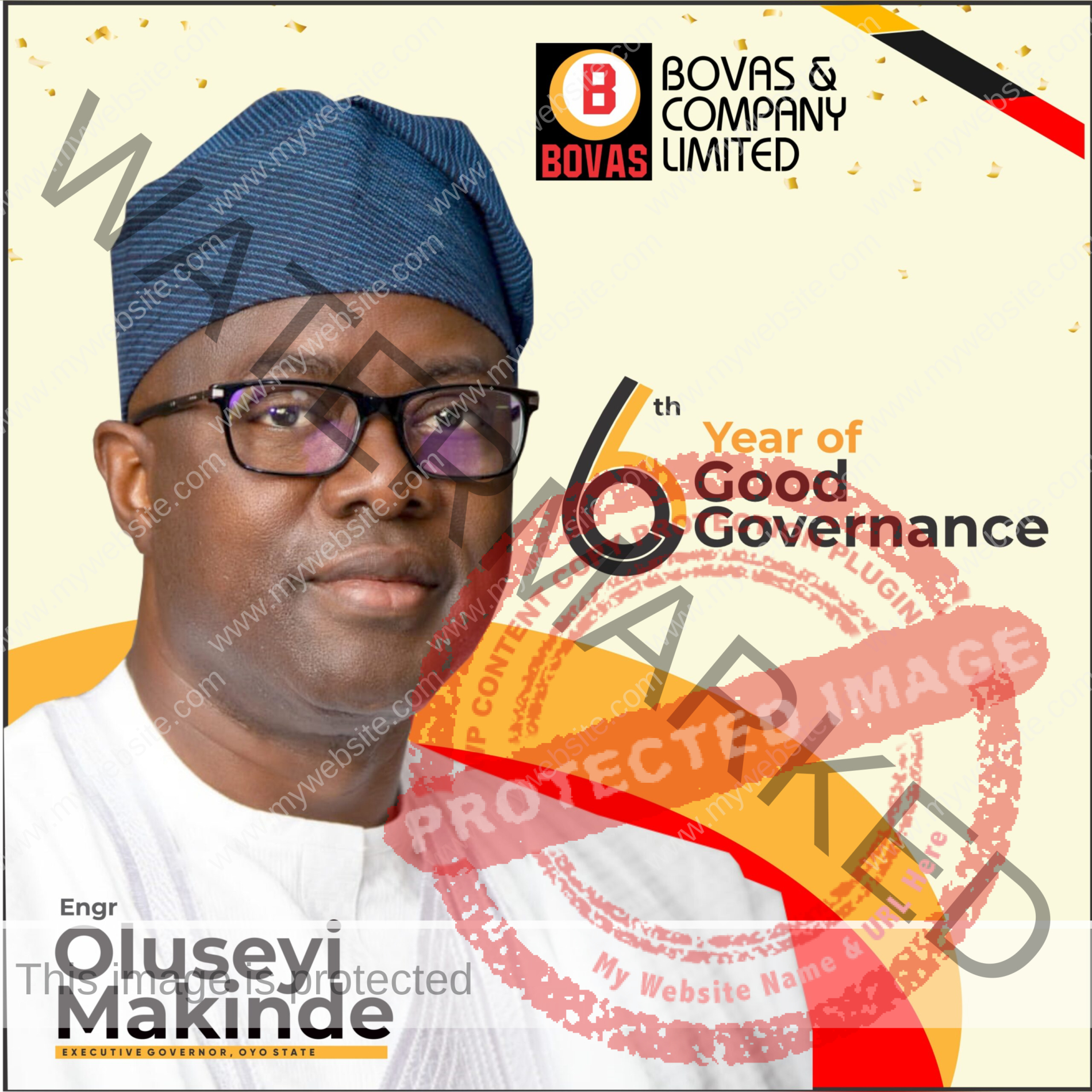
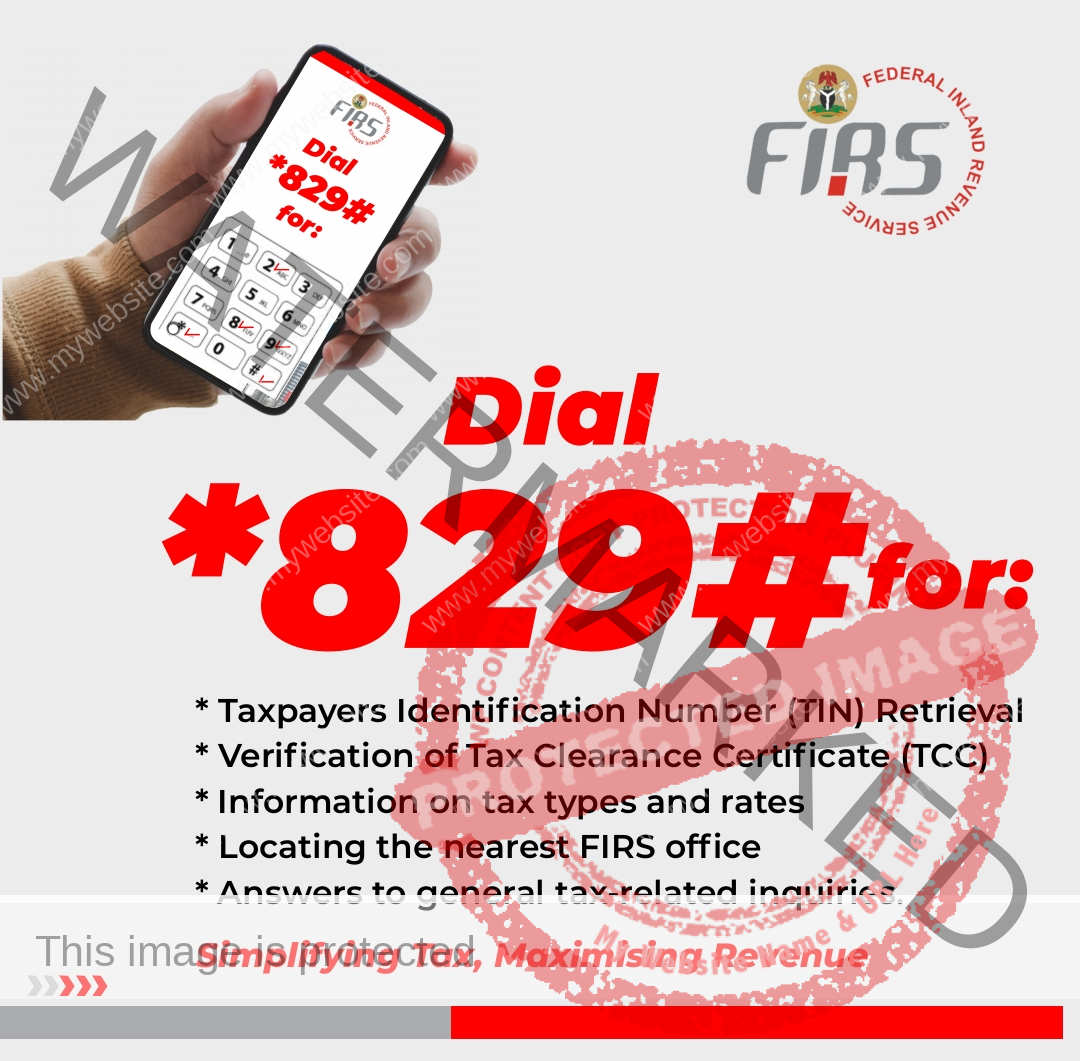
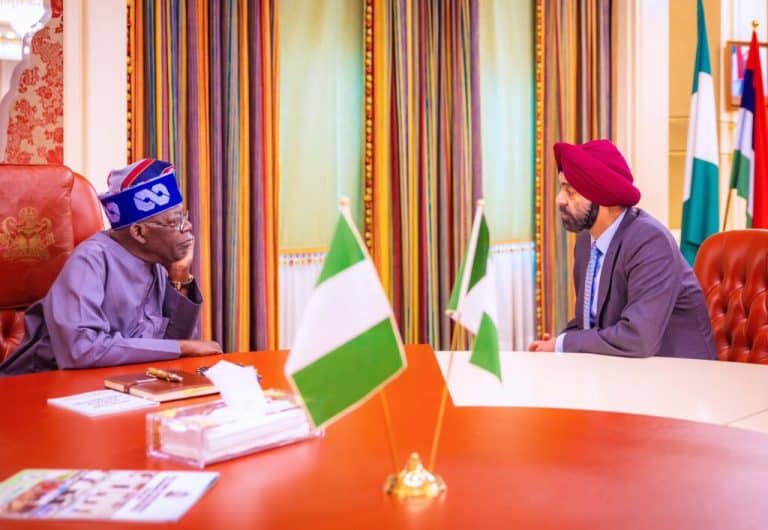
World Bank President, Ajay Banga, has applauded President Bola Tinubu for taking the bold step to remove fuel subsidy to avoid an unsustainable fiscal deficit.
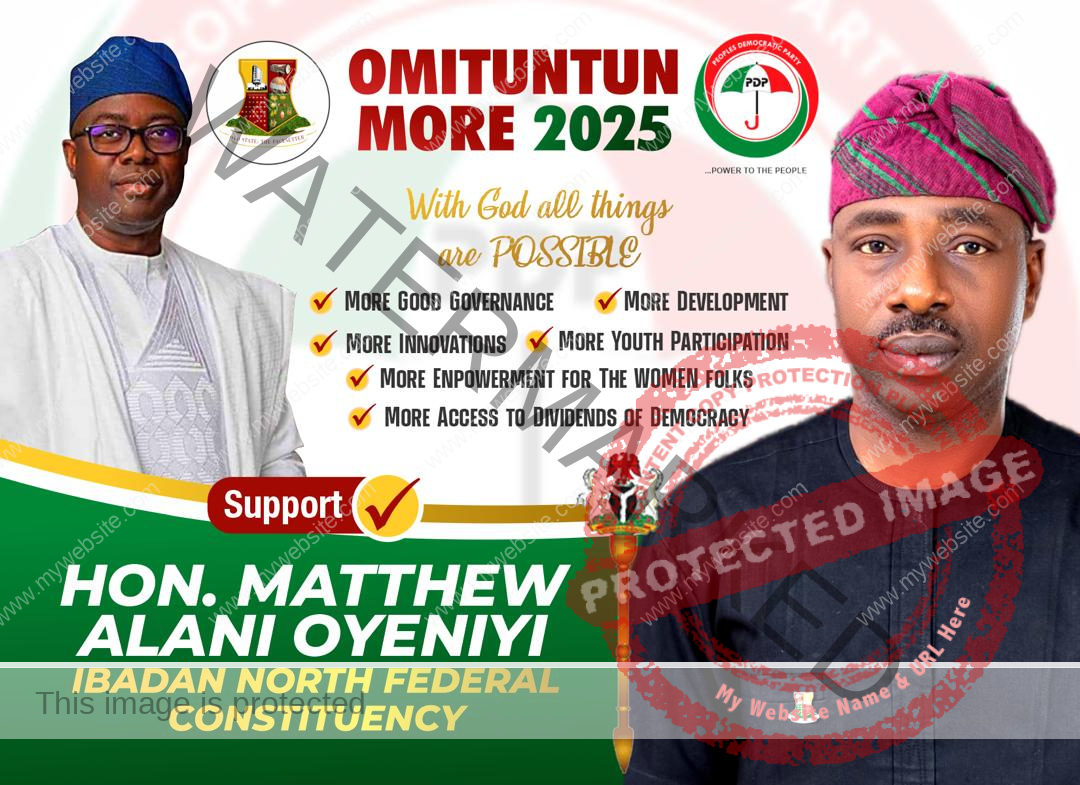
The president of the World financial institution said it was laudable that Tinubu is determined to address Nigeria’s challenges and committed to economic growth and stability.
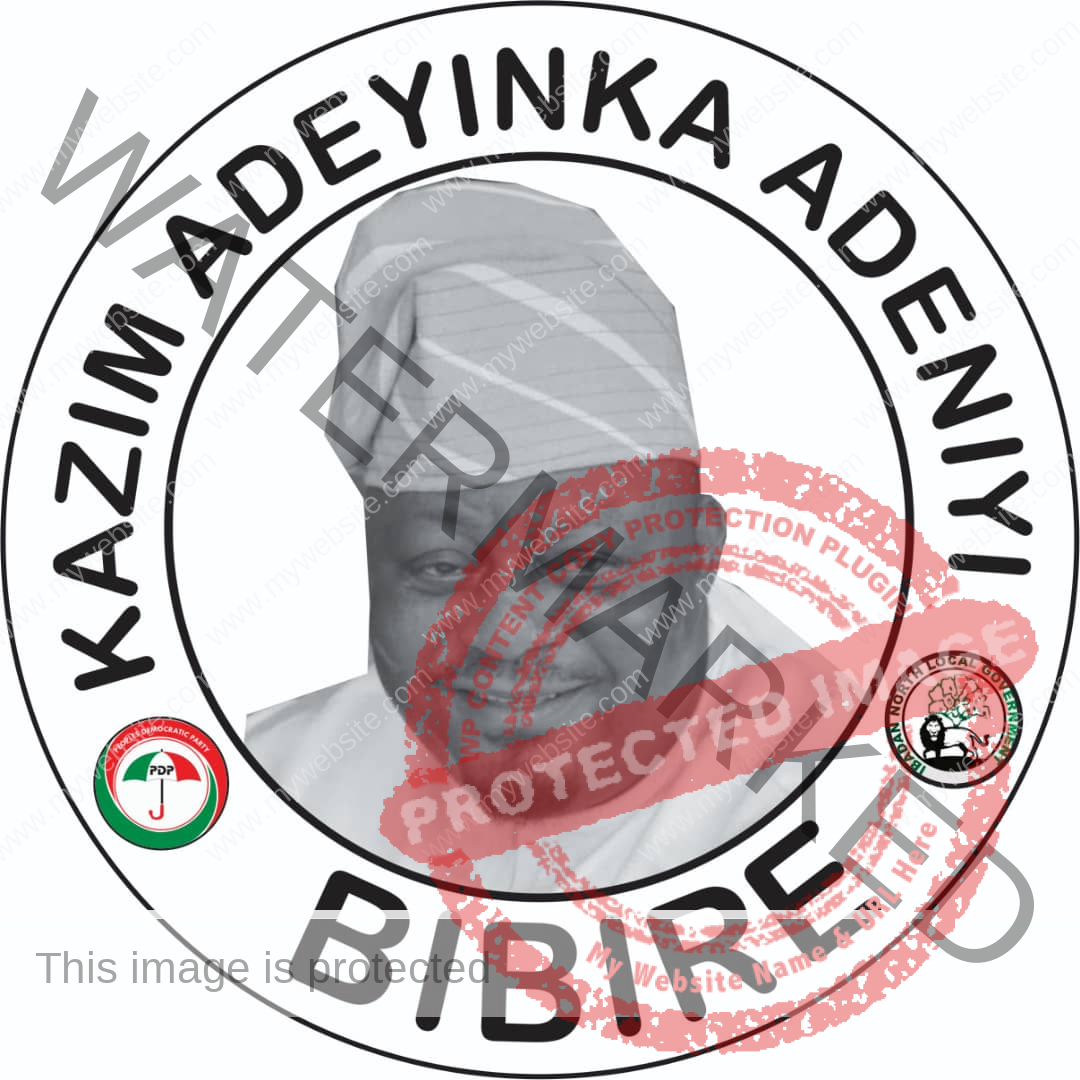
He expressed confidence that Tinubu’s efforts would set Nigeria on a path towards a prosperous future and position the country as an African champion.
Banga stated these during a chat with State House correspondents after a meeting with Tinubu in Abuja on Friday.

He said the World Bank would support Nigeria not only with financial aid but also with knowledge and guidance on regulatory and fiscal policies.
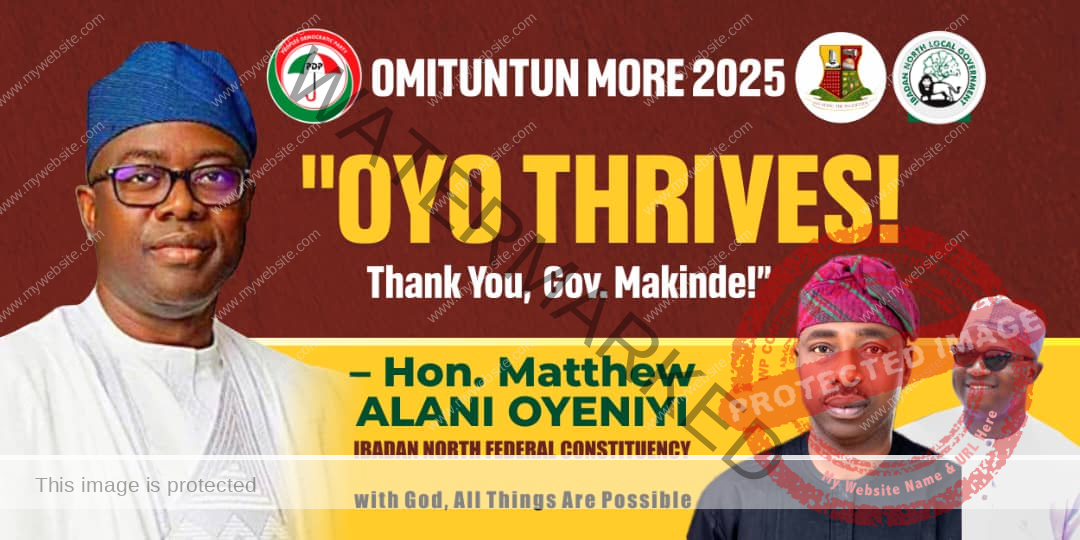

He said: “Basically, we had a very constructive discussion, not just with the president but also a number of his advisers and we talked about what was in his mind as priorities.
“I commended him for a lot of the things he’s doing early in his term, to ease macro-fiscal reforms and stability are very important. He’s very determined to do the right thing.
“I think you will find the World Bank supporting everything, not just financial aid, but also with knowledge and thinking around how to create the right regulatory policies and fiscal policies. So we had a very good discussion. It ended very well.
“The fact is, he’s doing things that Nigeria needs to be able to do to correct its situation.
“On fuel subsidy, you have a fiscal deficit that remains unsustainable. So, he’s trying to do all the right things. Now, the question is, how do you navigate through the next few months, where you can send the economy on the right parts of the future?
As I discussed, Nigeria has to be an African champion. If Nigeria becomes an African champion, then we know that the African continent has a country with the largest gross domestic product (GDP) headed in the right direction. That’s his vision and that was the vision we shared.”
Speaking also on Nigeria’s growth forecast, Banga said it was important to focus on the future rather than past predictions.
He added that he would not give too much credence to earlier forecasts while acknowledging the ongoing reforms.













